Transformative Learning for a Transforming World
In a rapidly evolving digital economy, traditional teaching methods no longer suffice. At Atharva University, we embrace the future by adopting a learner-centric, technology-enabled, and outcome-driven pedagogy that prepares students not only for current careers but also for those yet to be imagined.
Our teaching methodology is designed to reflect the scale, scope, and speed of 21st-century learning—where innovation, engagement, and interdisciplinarity take center stage.
• Our Core Teaching Philosophy
- Student-Centric Learning: Every learner is unique. Our pedagogy empowers students through personalized learning paths, mentorship, and continuous support.
- Technology-Enabled Delivery: Leveraging smart classrooms, LMS platforms, virtual labs, coding simulators, and blended learning models to enhance reach and retention.
- Active and Applied Learning: From live case studies to capstone projects, our classrooms foster inquiry, reflection, and real-time problem-solving.
- Global Outlook with Local Relevance: Curricula are updated to incorporate international perspectives while addressing local industry and societal challenges.
- Lifelong Learning Approach: Through MOOCs, digital libraries, and industry certifications, students develop a mindset of continuous growth and upskilling.
• Innovative Pedagogical Strategies at Atharva
- Problem-Based Learning (PBL): Students engage with complex, real-world problems that require collaborative thinking and innovative solutions—mirroring workplace dynamics.
- Experiential & Hands-On Learning: Learning goes beyond the classroom through labs, field visits, internships, incubation projects, simulations, hotel kitchens, and design studios.
- Flipped Classrooms & Blended Learning: Instructors deliver conceptual learning online and focus on discussions, applications, and analysis during live classroom interactions.
- Case-Based Methodology: Analyzing case studies from diverse sectors sharpens decision-making, leadership, and analytical thinking skills.
- Peer-to-Peer Tutorials: Students engage in collaborative tutorials that reinforce subject mastery while building interpersonal and leadership skills.
- Mentorship & Faculty Advising: A robust academic advising system supports students in academic planning, personal growth, and career development.
- Technology Integration in Learning: Use of modern tools such as:
a. AI-based assessment platforms
b. Coding platforms for tech-based courses
c. Virtual simulations for hospitality, business, and healthcare education - Interdisciplinary & Industry-Aligned Curriculum: Our programs integrate cross-disciplinary learning with regular input from industry experts, ensuring relevance and readiness
• Supportive Learning Ecosystem
- Expert Guest Lectures & Industry Connect: Regular sessions with thought leaders from industry and academia to expose students to evolving trends and practices.
- Skill Labs & Soft Skills Training: Dedicated modules on communication, leadership, emotional intelligence, and workplace ethics prepare students holistically.
- Continuous Assessment & Feedback: We follow a multi-modal evaluation system that includes:
a. Quizzes, assignments, and presentations
b. Research projects, group discussions, and viva voce
c. Peer review and self-assessment
d. Structured feedback and reflective learning journals
• Global Learning & Diversity Exposure
Atharva University is committed to preparing students for a borderless world. Our pedagogy encourages:
- Cross-cultural understanding
- Global case studies
- International collaborations and study tours
- Virtual exchange programs with foreign universities
• Beyond Classrooms: A 360° Learning Experience
Learning at Atharva is not confined to textbooks—it’s lived every day:
- Entrepreneurship through Incubation Support
- Hackathons, Design Sprints, and Ideation Labs
- Leadership Development through Clubs & Forums
- Community Engagement through Social Impact Projects


